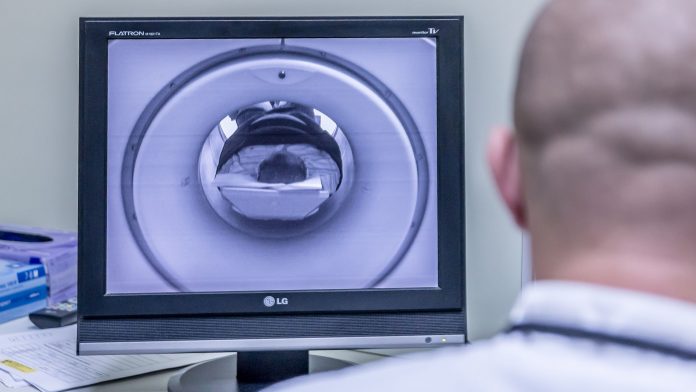
UK brain tumour research is set to be revolutionised with £45m (~€50m) worth of funding by the department of health and social care and Cancer Research UK.
Health and social care secretary Jeremy Hunt has announced that an estimated £20m in funding will be invested through the National Institute for Health Research (NIHR) over the next five years. The aim is to double this once new high-quality research proposal become available and enhance brain tumour research.
This funding boost will commence with a formal call to the research community, known as a highlight notice, which will encourage teams to put forward new research proposals to access NIHR funding in April.
A significant moment in research
Cancer Research UK saw a significant moment this week also, with an extra £25m of extra investment in its brain tumour research over the next five years.
This is in addition to the £13m spent each year on research and development of new treatments for disease.
Cancer Research UK’s funding will support to new specialised centres:
- Children’s brain tumour centre of excellence based at the University of Cambridge, UK, and the institute of cancer research in London, which opened this week. It will develop new treatments for brain tumours in kids; and
- A second centre focusing on adult brain tumours which opens later in the year.
Professor Richard Gilbertson, director of the Cancer Research UK Children’s Brain Tumour Centre of Excellence at Cambridge University and the ICR, said: “By creating a hub of expertise for childhood brain tumour research in the UK, we aim to make real inroads to tackling these diseases.
“Gathering this expertise together means we can shine a light on the numerous challenges and difficulties that brain tumours pose and discover new treatments to ensure that more children survive their disease.”
What other actions will the money fund?
- A plan to improve the approach to trialling new treatments, including making better use of adaptive trials that enable patients to receive different treatments concurrently;
- The development of a new cadre of clinical-oncologists to ensure the NHS can draw on world class expertise in treating brain cancer;
- A commitment to treble the number of cancer patients whose whole genome is sequenced as part of their diagnosis over the next four years through the 100,000 Genomes Project; and
- Improvements in how brain tumour tissue is collected and shared across the research community.
Hunt said: “While survival rates for most cancers are at record levels, the prognosis for people with brain tumours has scarcely improved in over a generation.
“Our ambition is to deliver a big uplift in the funding of brain cancer research, while galvanising the clinical and scientific communities to explore new avenues for diagnosis and treatment in the future – it is a chance to create a genuine, step change in survival rates for one of the deadliest forms of cancer.”
In the UK each year, around 11,400 people are diagnosed with a brain tumour, with only 14% of people surviving their disease for 10 or more years.
It was also recently reported that Cancer Research UK is to invest £45m into cancer clinical trials units.










